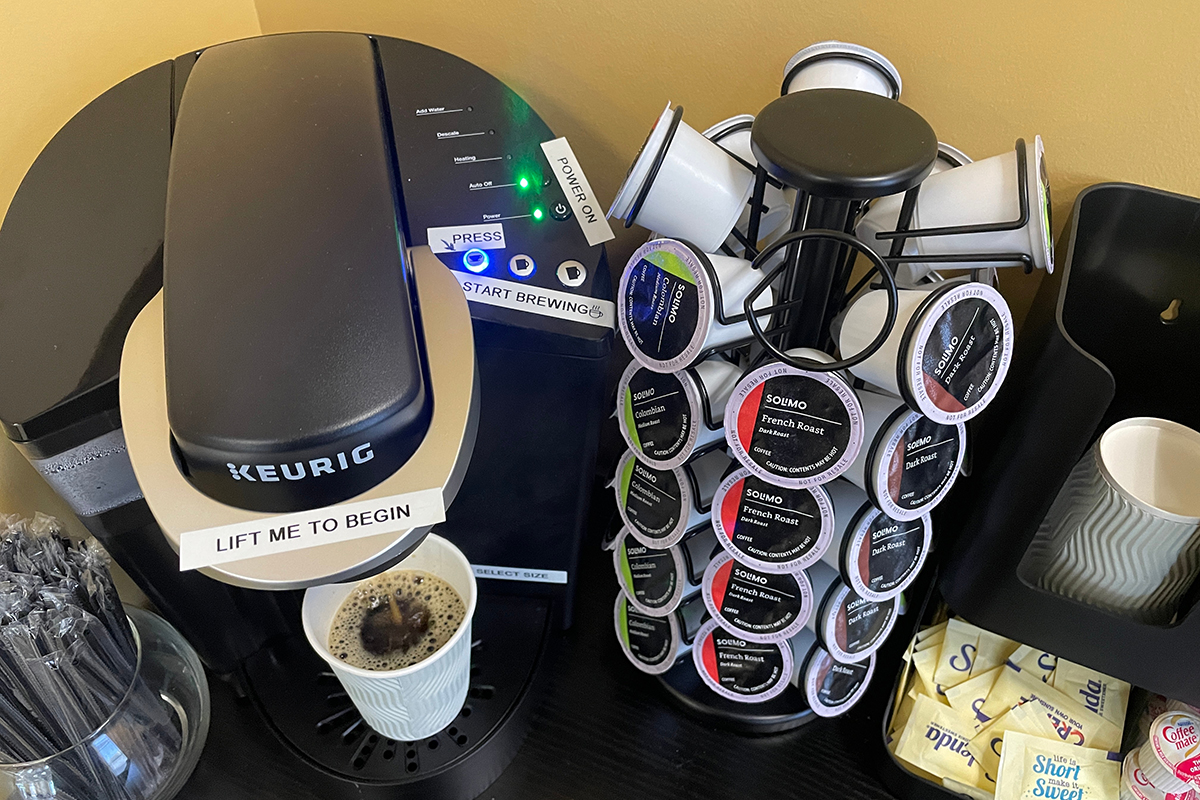Keurig Dr Pepper has been fined by the Securities and Exchange Commission (SEC) for making deceptive statements about the recyclability of its K-Cup coffee pods. The SEC’s inquiry revealed that Keurig had misrepresented the environmental impact of its popular single-use pods, prompting concerns about the company’s recycling claims. Without admitting or denying the findings, Keurig agreed to pay a $1.5 million civil penalty.
The environmental concerns surrounding Keurig’s disposable K-Cups have persisted for over a decade. With more consumers becoming environmentally conscious, the sustainability of single-use products like K-Cups has gained increased attention. Even the inventor of the K-Cup has publicly voiced regrets about the waste the product generates, aligning with many environmental advocates’ criticisms.
In 2018, Keurig faced a $10 million class-action lawsuit, accusing the company of falsely claiming that K-Cups were recyclable. Although Keurig settled the lawsuit and later declared by the end of 2020 that its pods were fully recyclable, the SEC’s investigation reveals that misleading information was shared before that time. Specifically, Keurig’s 2019 and 2020 annual reports informed investors that its pods were recyclable based on certain recycling facility tests.
However, the SEC’s findings indicate that Keurig failed to disclose important details regarding these claims. Two of the nation’s largest recycling facilities had explicitly informed the company that they would not accept K-Cups and expressed concerns about the viability of curbside recycling programs for the product. Keurig’s failure to share this critical information misled both consumers and investors regarding the pods’ true environmental impact.
The company’s claims may have influenced consumer choices. Research by a Keurig subsidiary revealed that environmental factors played a key role in customers’ decisions when selecting coffee makers. By promoting the recyclability of K-Cups, Keurig likely attracted eco-conscious consumers looking for sustainable options.
K-Cups and Keurig brewers are significant to the company’s revenue stream. During Keurig’s second fiscal quarter, these products accounted for nearly 25% of its earnings, underscoring the importance of the pods to the company’s business model.
In response to the SEC charges, Keurig has reaffirmed its dedication to addressing environmental concerns related to its products. The company insists that its K-Cups are made from recyclable polypropylene plastic, which is accepted in many curbside recycling programs throughout North America. Nevertheless, Keurig acknowledges that not all communities accept K-Cups for recycling and encourages consumers to verify local guidelines. The company also continues to support initiatives aimed at enhancing recycling systems through partnerships and policy advocacy.
Although this settlement concludes the SEC’s investigation, the case underscores the growing demand for transparency in corporate environmental claims as consumers increasingly prioritize sustainability in their purchasing decisions.







